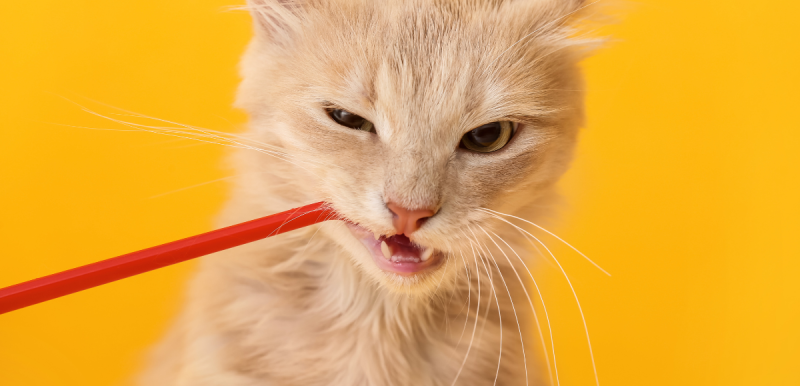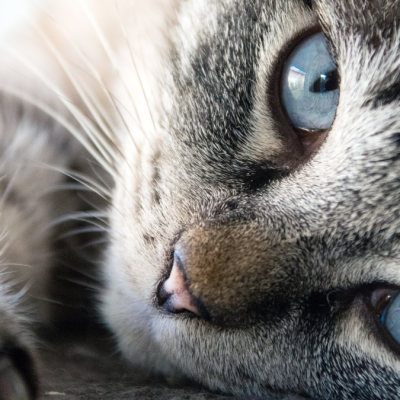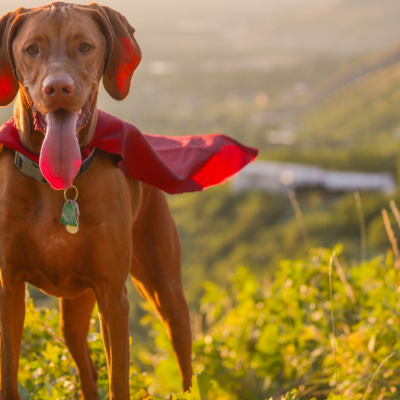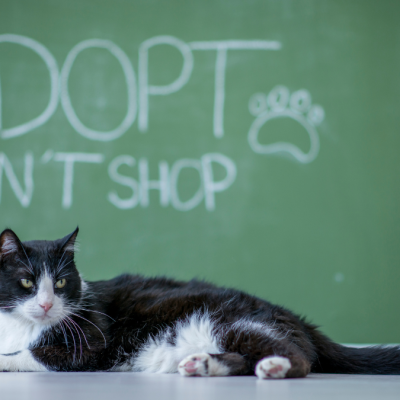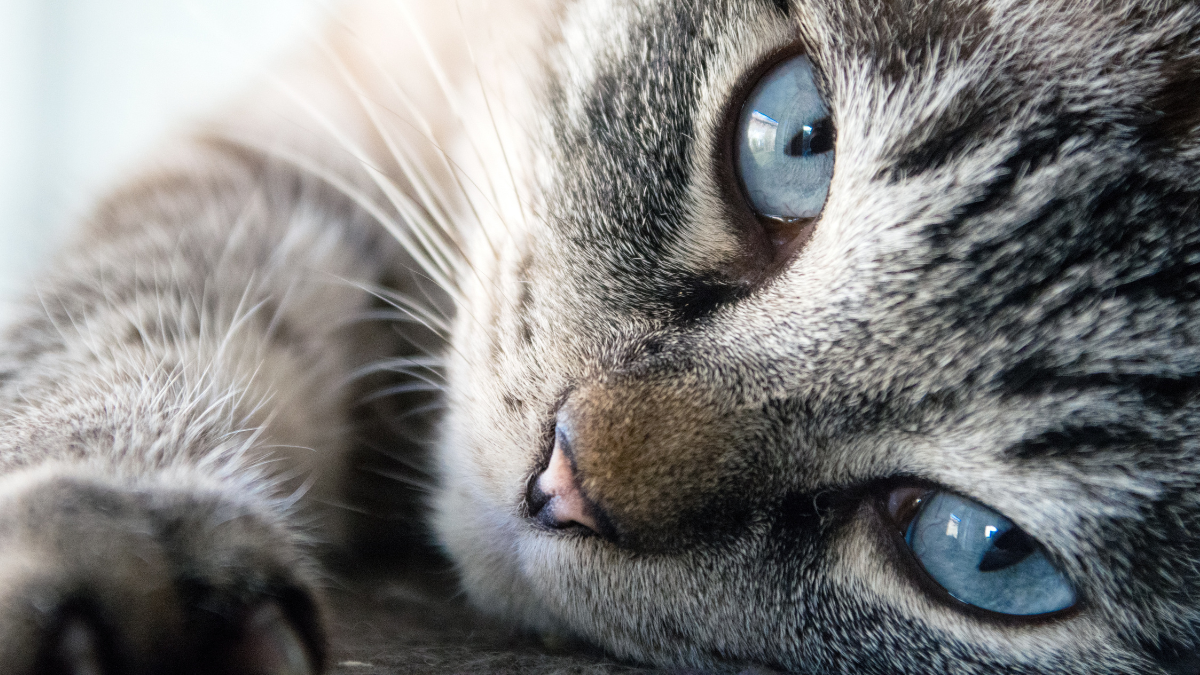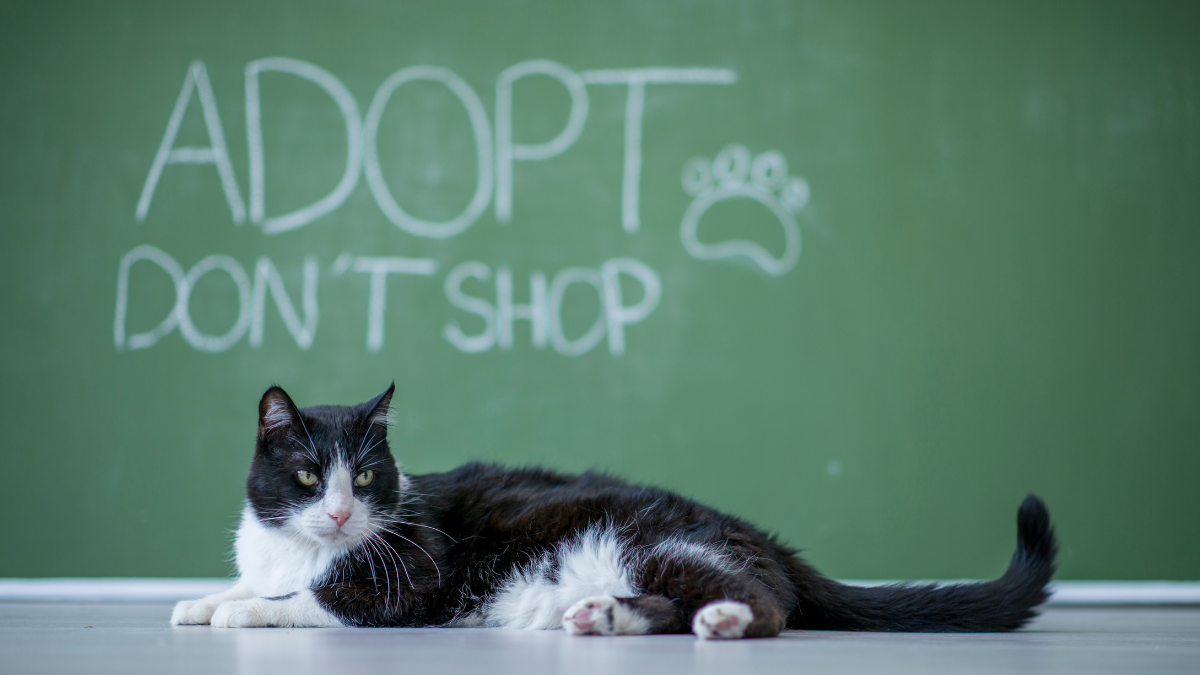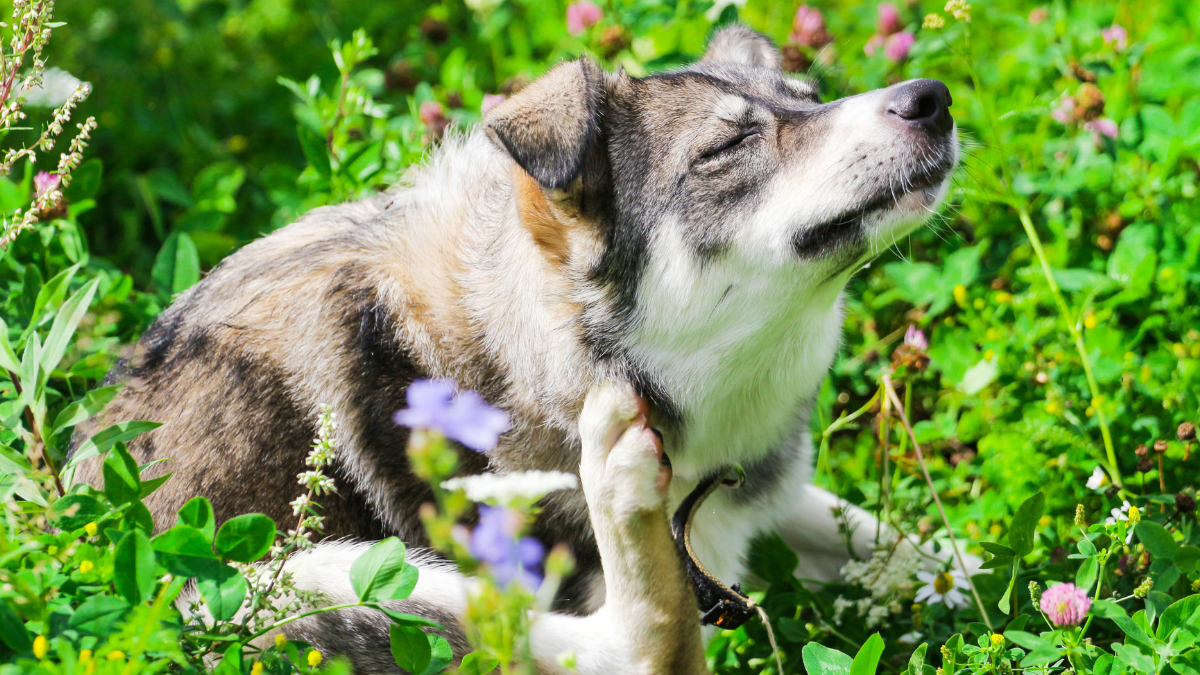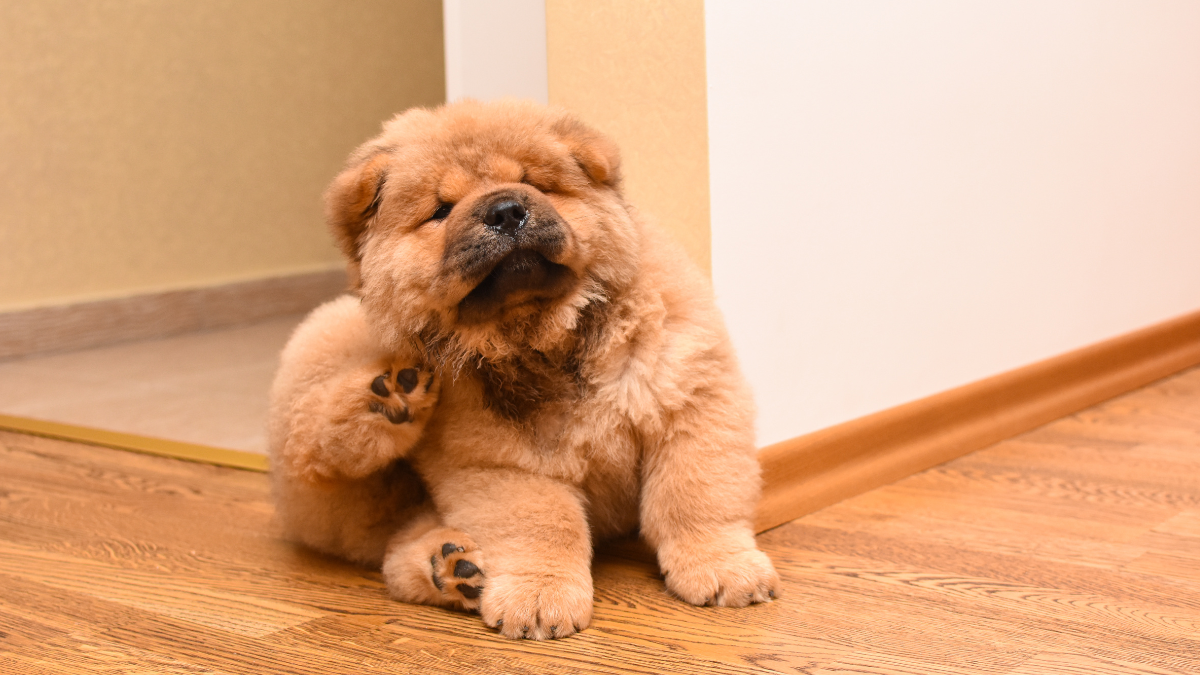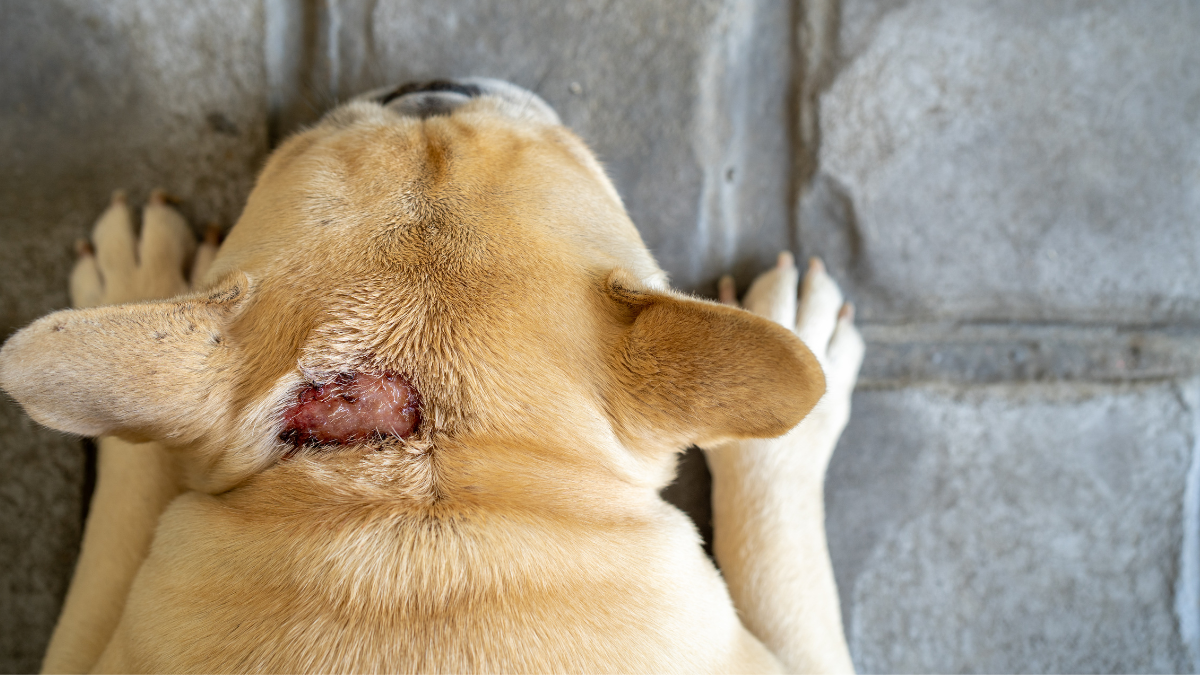When it comes to looking after our pets, we often focus on regular check-ups, vaccinations, and a healthy diet. But dental health is just as important – and often overlooked. Poor oral hygiene doesn’t just cause bad breath; it can lead to pain, infections, and even affect your pet’s internal organs.
Signs Your Pet May Have Dental Disease
Dental disease is one of the most common health issues in cats and dogs, and it can be hard to spot — especially because pets are experts at hiding pain. Signs to look for include:
- Bad breath (not just “doggy” or “fishy” breath — a persistent foul smell)
- Yellow or brown tartar build-up on teeth
- Red, swollen, or bleeding gums
- Drooling more than usual
- Chewing on one side of the mouth or dropping food
- Pawing at the mouth or reluctance to eat hard food
- Weight loss or changes in appetite
Remember
Why Dental Health Matters for the Whole Body
Bacteria from dental disease don’t just stay in the mouth — they can enter the bloodstream and travel to vital organs like the heart, kidneys, and liver. Over time, this can lead to serious health complications and shorten your pet’s lifespan. Keeping your pet’s mouth healthy is one of the best ways to support their overall wellbeing.
What Happens During your Pet's Dental
A veterinary dental isn’t just a quick brush — it’s a detailed, multi-step process designed to thoroughly clean and assess your pet’s mouth. A typical dental procedure involves:
All dental packages at WellPet Vets include a pre-anaesthetic blood test. Combined with a thorough pre-surgical health check, this test helps us assess your pet’s liver and kidney function — the key organs responsible for processing the anaesthetic agents used during surgery.
Once your pet’s blood results have been reviewed, they’ll receive a pre-medication to help reduce stress, provide early pain relief, and make placing an IV cannula easier. They are then given a general anaesthetic and monitored closely throughout the procedure — including heart rate, breathing, oxygen levels, and temperature.
Once your pet is under anaesthetic, the vet can carefully examine every tooth and the gums without any stress or movement — something that’s often impossible to achieve when a pet is awake.
Images are taken to check for problems below the gumline such as root infections, bone loss, or hidden fractures. Grade 3 and 4 dentals include dental x-rays as part of the package.
Special ultrasonic equipment removes tartar and plaque from both above and below the gumline, followed by polishing to smooth the tooth surface and slow down future plaque build-up.
Diseased or damaged teeth may need to be removed to eliminate pain and infection. In some cases, teeth that appear healthy on the surface can be severely affected below the gumline. Unlike other parts of the body, teeth cannot heal, so any diseased teeth must be extracted. Once their mouth has healed, both dogs and cats - even those with multiple extractions - can comfortably return to eating their normal diet.
Once the procedure is complete, your pet is moved to a recovery area where they can gently wake from anaesthesia under close monitoring. When they are awake and alert, we’ll contact you to arrange a discharge time.
Why is a General Anaesthetic Necessary
Unlike humans, pets won’t sit still and say “ahh” while we clean their teeth. A thorough dental scale and polish requires your pet to be under a general anaesthetic (GA). This allows the vet to:
- Safely clean both above and below the gumline
- Perform dental x-rays without stress or movement
- Remove any damaged or infected teeth if necessary
While anaesthetic always carries a small risk, modern protocols and monitoring make it very safe for healthy pets — and the benefits of removing infection far outweigh the risks.
Keeping Your Pet's Teeth Healthy
Prevention is always better than cure. Here are some ways you can help maintain your pet’s dental health:
- Schedule regular vet dental checks (at least once a year)
- Consider daily toothbrushing with pet-safe toothpaste
- Provide dental chews or special diets designed to reduce plaque
- Address any signs of dental disease promptly — don’t “wait and see”
Free Dental Check
At WellPet Vets, we’re passionate about dental health, which is why we offer free dental health checks all year round. These quick 15-minute appointments give our team the chance to examine your pet’s teeth and advise if a professional dental is needed.
Our dental package prices are listed below (please note: prices are current as of 11/8/25 and may be subject to change).
-
Grade 1 Dental $550
Includes: pre-anaesthetic blood test, intraoperative IV fluids, day hospitalisation, scale and polish while under general anesthesia.
-
Grade 2 Dental $800
Includes: pre-anaesthetic blood test, intraoperative IV fluids, day hospitalisation, minor extractions, scale and polish while under general anesthesia.
-
Grade 3 Dental $1,300
Includes: pre-anaesthetic blood test, intraoperative IV fluids, day hospitalisation, dental x-rays, multiple minor extractions, scale and polish while under general anesthesia.
-
Grade 4 Dental $1,550
Includes: pre-anaesthetic blood test, intraoperative IV fluids, day hospitalisation, dental x-rays, multiple major extractions, scale and polish while under general anesthesia.

